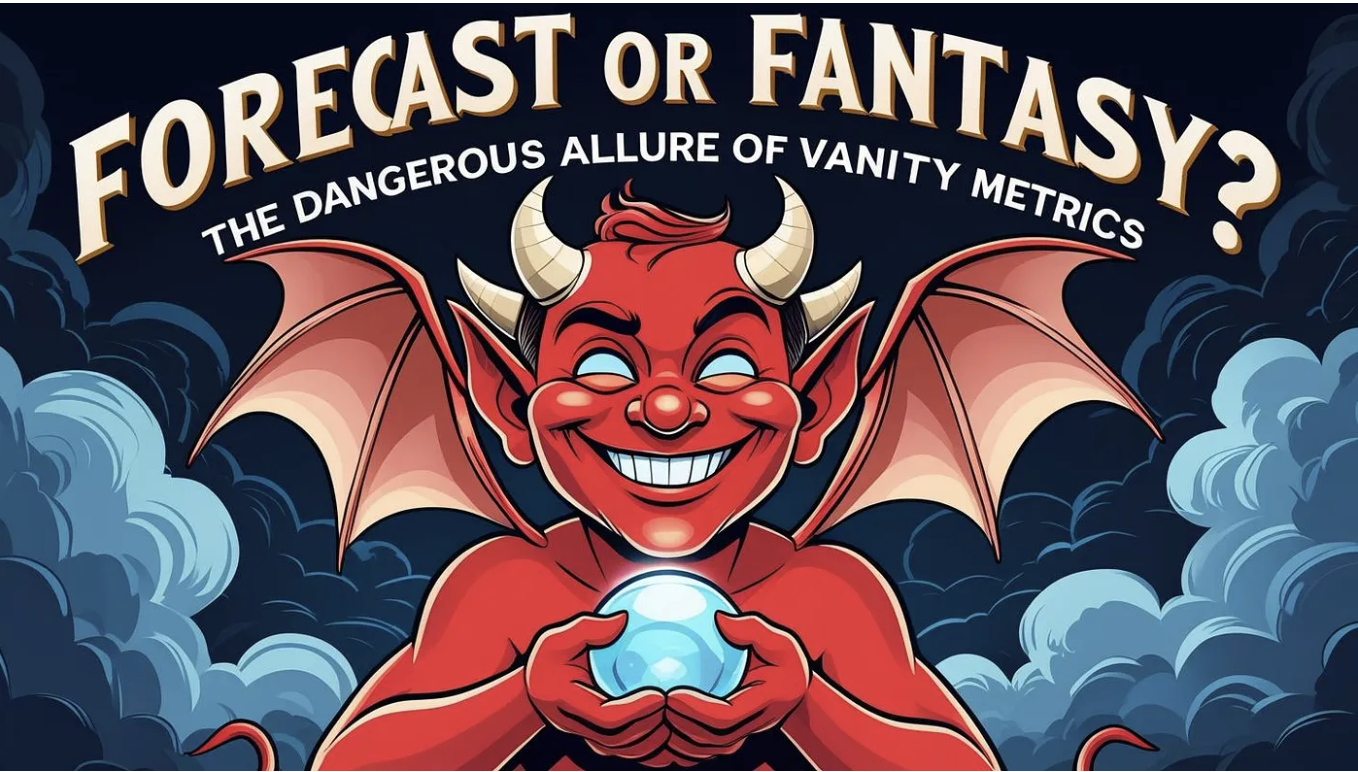The Kanban Pocket Guide: Epilogue - Professionalism and ProKanban.org
What does the future of Kanban look like?
You’ve had a great view into how Kanban got started, and how it should look, so what is next for Kanban?
I don’t know how long the changes the pandemic brought to the working world will last but there is one that I hope sticks- the relentless prioritization of self-care. Working from home and across time zones has made it easier to work from dusk till dawn, with no breaks, and never seeing the actual sunlight, which also means that we are burnt the fuck out. Home life and work life are so inextricably blended that they no longer have a start and stop. And this is where Kanban shines.
We need a mechanism (whether we are a team of one or a team of twenty) to organize around the work to be done. To see our priorities, to see what's stuck, and to focus our time on getting things done. A new term for this day-to-day deficit is “time poverty” and it's having a profound effect on our physical health, well-being, and productivity.
I hear developers talk about how it feels to be part of "the feature factory" as Melissa Perri describes it, where we crank out code without getting time to pause and understand what problem we are trying to solve. I almost always hear them say that they never get time to do deep thinking. Real focused time to creatively solve problems. Down time to address growing tech debt. Opportunity to learn new tech or mentor others. And the result of this is that people quit and move on hoping to find a pace that doesn't burn them out. A pace they rarely find.
So is it possible? The place where there's 100 things in the backlog and we aren't drinking from the fire hose trying to keep up? I believe there is. It’s the places where they are using Kanban.
There will always be new methods (and new names for old methods) of how to deliver knowledge work, but it’s hard to argue with the simple need for focus. We spend a lot of time in the agile community talking about team health and team morale, but I have never seen a team find better balance and have better control over the volume of work in front of them every day than when they have the control to create the policies that allow them to shut off at the end of the day and return the next day with a clear understanding of what to work on next.
Teams that have control over how they work are happier and more productive. They know how to contribute when they have capacity. They know how to help when work is blocked. And they have the autonomy to adjust the things that aren't working for them as they go. This is how we engage employees and prevent burnout- with Kanban.
A few years before the pandemic, I started working with a large security organization to roll out Kanban. What I learned quickly is that the security space has one of the highest levels of turnover because they are constantly fighting fires. Everything is urgent. Burnout is high. There is rarely downtime. And ultimately people do not last long at this pace.
The teams I coached wanted Kanban as a way to balance their workload and create a predictable SLE for delivery to their “customers” but they were pleasantly surprised to find that that made their teams happier. It reduced the amount of turnover in the team, it allowed the team to balance long running internal projects with the everyday requirements of a security organization and it did all of this indefinitely. It wasn't one successful sprint or one slow week after a week of insanity- it was a pace that created balance in a normally hectic storm of urgency.
What is important here is that this “time poverty” trickles over into everything we do outside work as well. We are out of energy, out of patience and out of the spark that makes us great at what we do. The answer here is rarely about saying no- in many of these cases that may not even be possible. This is about focus, flow, and efficiency- and having control over the process to make that possible..
I hope that what is next for our industry and more importantly- the people in it- is that we demand a different way of working. A way that allows us to bring our best selves, and our best work into what we do- and I think that is best done with Kanban.
Kanban gives us the ability to be better at what we do by enabling us to fully focus. Kanban gives us the ability to be a better team member by collaboratively organizing around the work to be done. Kanban gives us the opportunity to be better professionals by seeking endless improvement of our systems and how we deliver value. And all of this makes us better humans when we shut our laptop.
Remember you can always download a PDF of The Kanban Pocket Guide here: https://prokanban.org/kpg/



